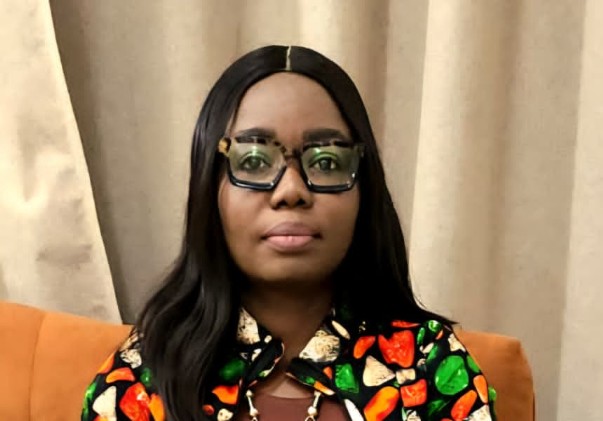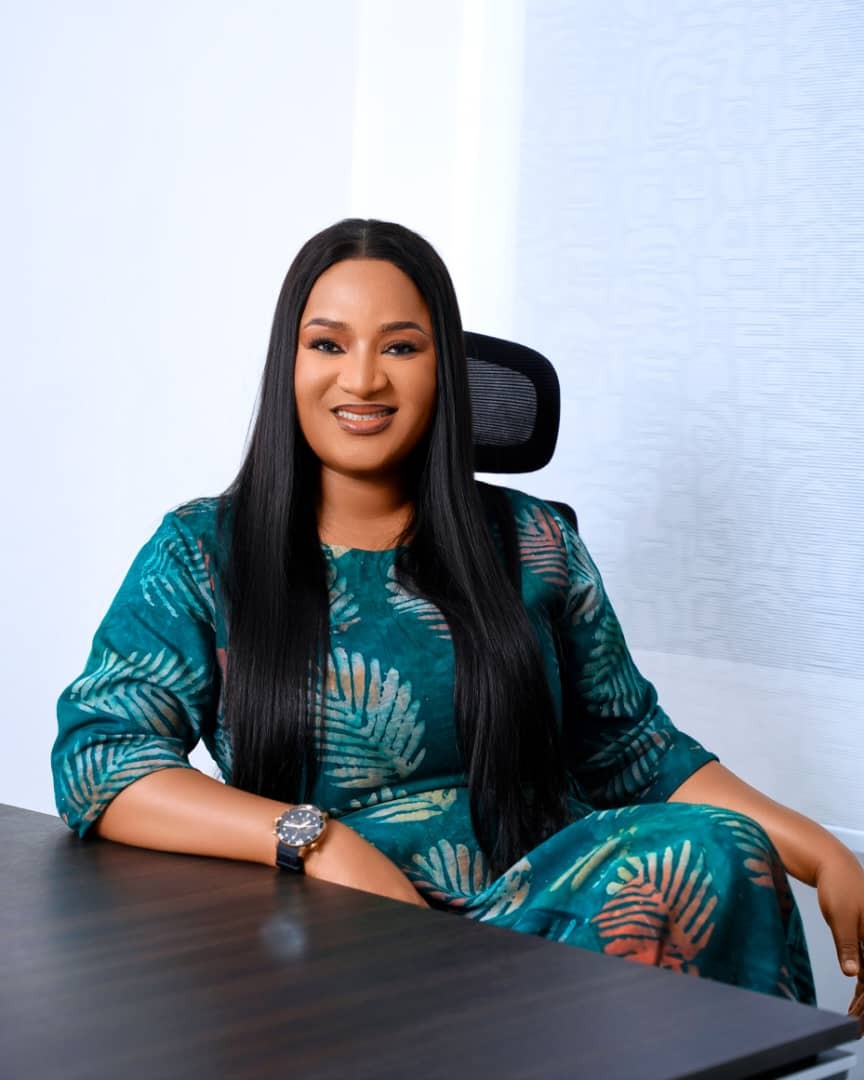Determined to transform the education system and redefine the troubling narrative surrounding girl-child enrolment, the Kano State Government has adopted a Gender-Responsive Education Budgeting Framework to foster access for all.
In addition, the government announced that significant progress has already been recorded in its efforts to tackle the menace of out-of-school children, with about 13,000 rural girls having returned to school.
When the administration of Governor Abba Kabir Yusuf assumed office, the education landscape was bleak, marked by a high number of out-of-school children, neglected infrastructure, and families struggling to keep their daughters in school.
In response, the government, under the able leadership of Governor Yusuf, deemed it necessary to take bold steps to reverse this trend including the declaration of a state of emergency on education in 2024. This decisive move aimed not only to increase resources but also to transform the very foundation of education delivery in Kano State.
To consolidate the gains of the state of emergency and address the specific challenges forcing girls out of school, the government partnered with Bridge Connect Africa Initiative (BCAI), with support from the Malala Fund, to develop the new framework.
The policy is designed to ensure gender sensitivity in budget allocation, specifically addressing the needs of girls in schools. It aims to guarantee that every amount budgeted for education is not only allocated and released but also effectively tracked and translated into tangible outcomes.
Key areas of focus in the framework include the provision of safer schools, improved sanitation facilities, adequate learning materials, female teacher recruitment, and accessible transportation for learners.
Speaking at the Kano Girls’ Education Summit at the weekend, Governor Abba Kabir Yusuf said one of the most progressive achievements of his administration has been the development and adoption of the framework by the Ministry of Education.
Yusuf, represented by his deputy, Comrade Aminu Abdussalam, said the adoption of the policy was a bold step demonstrating the government’s resolve to achieve functional education in Kano.
The Governor declared that under his administration, no barrier whether poverty, distance, cultural limitations, or inadequate resources, would stand in the way of girls’ education, empowerment, and success.
He commended the technical leadership of Bridge Connect Africa Initiative, the strategic partnership of the Malala Fund, and the dedication of stakeholders to the success of the blueprint.
“Let me assure you that the government of Kano State will ensure full implementation of this framework and uphold accountability at every stage.
This summit could not have come at a better time. It provides an essential platform for dialogue among students, parents, teachers, traditional rulers, and experts whose voices will guide our priorities, identify existing gaps, and shape practical, inclusive solutions.
Let Kano be remembered as a state that fulfilled its promise to its girls a state that transformed commitment into concrete action. Together, let us nurture a future where every girl not only attends school but excels, leads, and contributes to the strength and prosperity of our society,” he said.
Earlier, the Commissioner for Education, Dr Haruna Ali Makoda, disclosed that the government’s efforts to reduce the number of out-of-school children were yielding positive results, with 30,000 girls having returned to school.
He noted that increased budgetary allocation, distribution of uniforms, teacher recruitment, and infrastructure investment were among the key contributions driving growth in the education sector.
“In 2025, 31 per cent of the Kano State budget was dedicated to education the highest allocation in Nigeria setting a national benchmark. Free school uniforms were distributed to ease the financial burden on parents. Girls’ boarding schools were rehabilitated and upgraded to enhance safety and ensure learning continuity.
Over 5,500 volunteer teachers were absorbed into permanent service, thereby strengthening teaching capacity. The outcomes are evident only recently, Kano students achieved top performance in the 2025 NECO examinations.
This milestone clearly demonstrates what can be achieved when serious investment is made in human capital. Yet, this is not a moment for complacency. The journey ahead demands sustained commitment, transparency, and accountability,” Makoda said.






